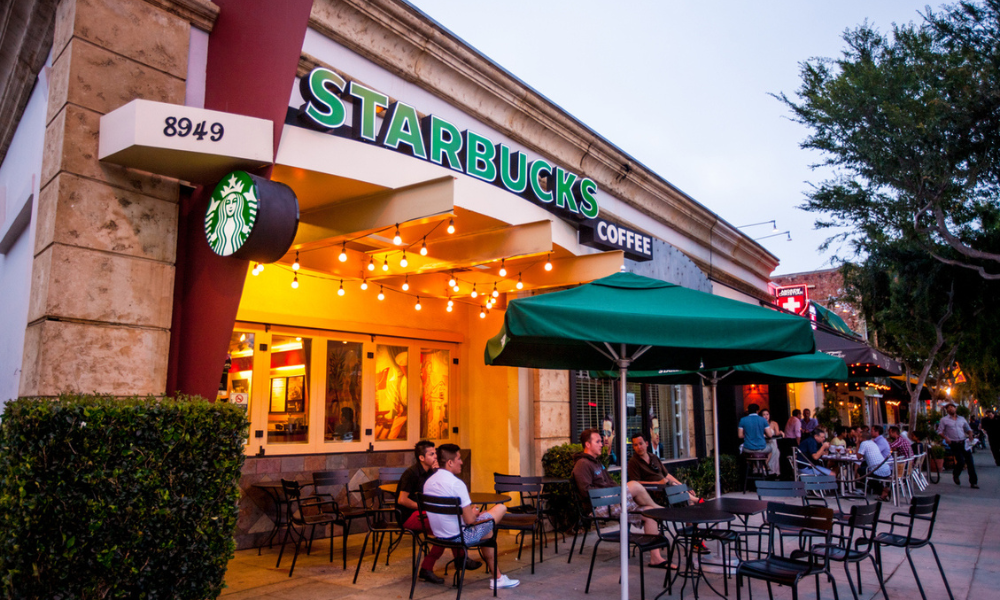
'Fear of retaliation will exist unless the Memphis Seven, apparently terminated for their union support, are reinstated'

Starbucks’ challenge to a ruling requiring it to reinstate seven fired workers has been denied.
The Ohio-based 6th U.S. Circuit Court of Appeals on Tuesday issued its opinion, noting that Starbucks’ firing of the seven workers was an act of retaliation for their unionizing efforts.
“Fear of retaliation will exist unless the Memphis Seven, apparently terminated for their union support, are reinstated,” say Chief Judge Jeffrey S. Sutton, Senior Judge Danny J. Boggs and Judge Chad A. Readler.
In early 2022, Starbucks fired seven workers in its Memphis, TN branch. Stakeholders criticized the coffee giant for the move, saying it was done in a union-busting effort.
The coffee giant was previously ordered to reinstate the workers, but it appealed its case.
Starbucks’ staff in Memphis was pushing for unionization early in 2022. It came to a head on Jan. 17 when Nikki Taylor, a shift supervisor at the Memphis Store, facilitated a Zoom meeting between coworkers interested in forming a union-organizing committee.
They authored a letter addressed to Kevin Johnson, who was then Starbucks CEO, announcing their intent to unionize. On Jan. 18, the letter to CEO Johnson was posted on social media. The workers held a media event that same day at the Starbucks location. Store management learned of the media event the next day, and Starbucks launched an investigation.
On Feb. 8, Starbucks fired five of the six organizing-committee members and two other partners who had engaged in pro-union activity.
Starbucks claimed that it fired these employees for violating company policy during the Jan. 18 media event, including by:
However, “violations such as these were rarely, if ever, punished,” said the judges at the 6th U.S. Circuit Court of Appeals, and that “on occasion, management appears to have even encouraged them”.
“Under these circumstances, Starbucks’s termination of the Memphis Seven – including six of the seven members of the organizing committee – mere weeks after the media event would almost certainly chill other partners’ exercise of rights protected by the Act.”
They added that the district court “did not err in concluding that the termination of 80% of the organization committee during a unionization campaign could lead to injury to the union movement that subsequent board intervention would not be able to remedy.”
In April 2022, the National Labor Relations Board (NLRB) also called on Starbucks to reinstate three workers at its Phoenix location with their usual schedules and accommodations. And just this year, the NLRB ordered the coffee giant to reinstate seven workers, at its Buffalo, NY location, who were fired for their union activity.
Starbucks has been plagued with legal cases.
In March, the Starbucks Workers United, representing thousands of U.S. baristas at about 200 cafes, insisted on hybrid negotiations, according to the employer. NLRB prosecutors, however, have earlier said that the company violated labor law by refusing to participate in collective bargaining sessions at dozens of newly unionized cafes across the country if some workers were present via video-conference.